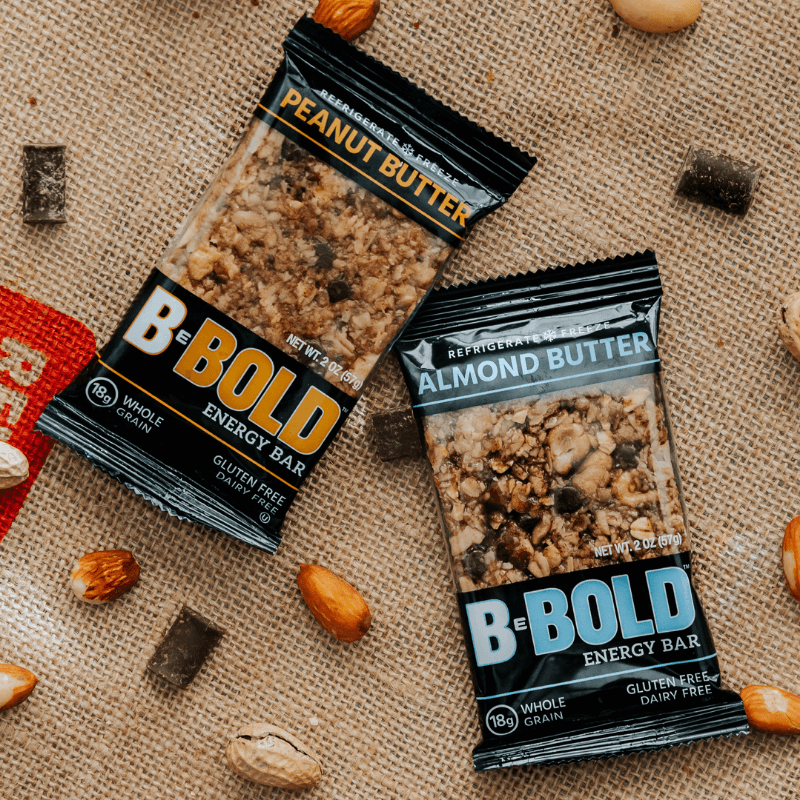Good fat, bad fat, high fat, low fat. Over the last 30 years fat has gone from villain to hero, leaving many people confused about what kind and how much fat to actually eat. Though we once thought that all dietary fat was “bad” and contributed to things like heart disease, diabetes, and weight gain, it turns out that fat actually plays an important role in the prevention of all these things, and is an important part of a healthy diet! But not all types of fat are created equal.
Saturated and unsaturated fats have different effects on the body
Diets high in saturated fat are linked to increased total and LDL (“bad”) cholesterol, which may contribute to increased risk of heart disease. Aim to keep it less than 10% of your total calories. Research shows that replacing saturated fat with unsaturated fat can reduce risk of cardiovascular disease, and has shown heart health benefits.
Saturated fat is found in animal products, including meat, poultry, and dairy products like butter, cheese, milk, and yogurt. The fat in coconuts and coconut oil is primarily saturated fat, though it’s a slightly different type called medium chain triglycerides. The benefits of this type of fat are still being debated, but it’s not likely as healthy as some people make it out to be, and shouldn’t be the primary source of fat in your diet if you’re looking to optimize health.
Unsaturated fat, which comes primarily from plant sources — nuts, seeds, avocado, and olive oil (and other plant-based oils) — as well as fatty fish like salmon, is linked to many health benefits including improved cholesterol, reduced risk of cardiovascular disease, reduced risk of type 2 diabetes, and more.
Chia seeds, flax seed, hemp seeds, and nuts, including walnuts also provide omega-3 fatty acids, that are linked to health benefits including lower inflammation, better cognition, and heart health.
Eating fat doesn’t make you fat
The fear that eating fat leads to weight gain has been proven wrong time and time again. Fat slows digestion, stabilizes blood sugar, and helps you feel full for longer. This can help curb hunger and keep your weight consistent.
Choose Foods with Plant-Based Fat Most Often
Nuts, seeds, olive oil, and avocado offer many health benefits beyond just those of the unsaturated fat they contain. They provide fiber, vitamins, minerals and antioxidants. Though these foods may seem higher in calories, the quality of those calories matters.
BeBOLD Bars contribute healthy fat to your diet
BeBOLD bars contain a variety of ingredients that contain all of the healthy fats you want to increase in your diet, including chia seeds and a variety of nuts depending on the bar. This makes them a great snack to not only keep you satisfied, but to also contribute important nutrients to your diet.
Sarah Gold Anzlovar, MS, RDN, LDN is a registered dietitian and the owner of Sarah Gold Nutrition, a virtual private practice and nutrition communications consulting business in the suburbs of Boston. She empowers busy moms to learn to eat to feel their best without the stress.

